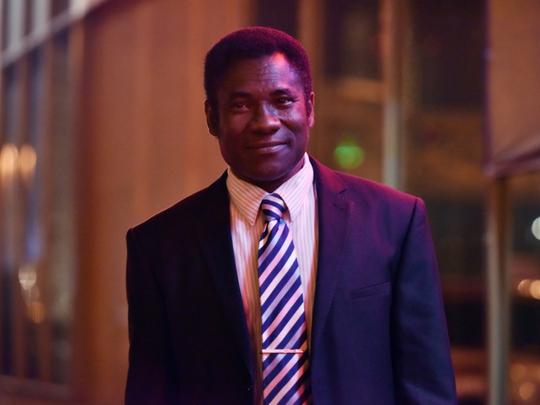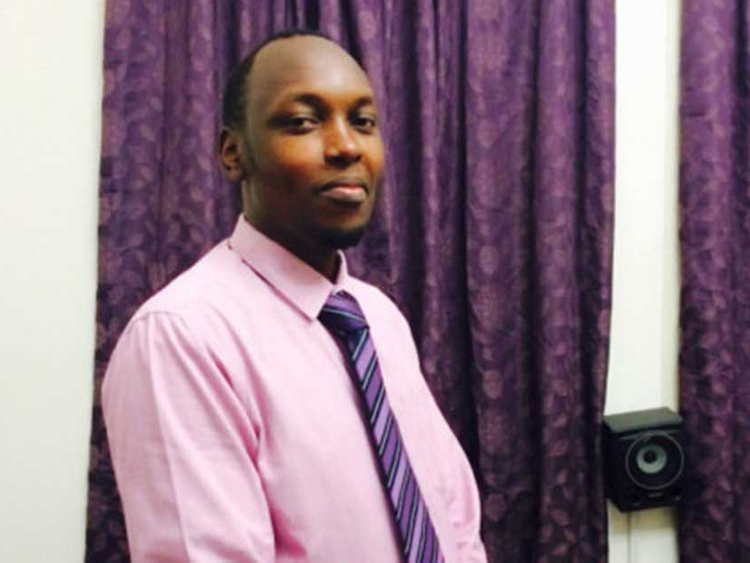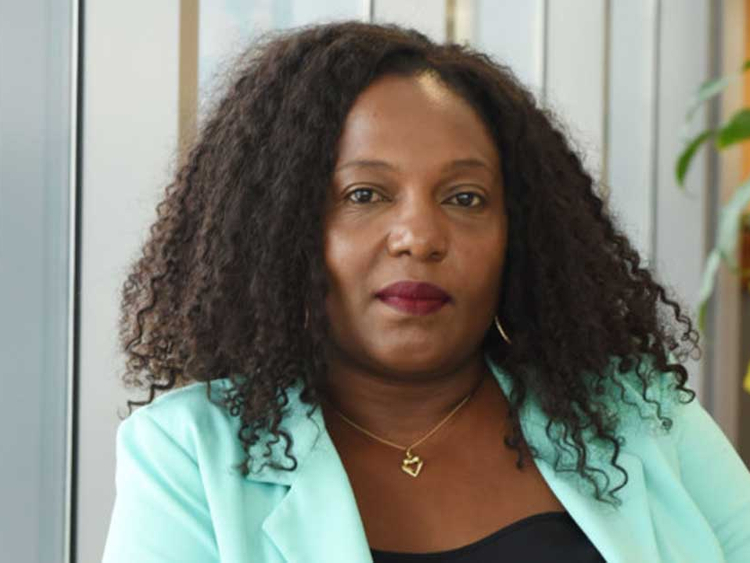
Abu Dhabi: Apollo Kagoro still vividly remembers his first Ramadan in the UAE.
It was a warm day in 2012 and the first day of Ramadan in Abu Dhabi. Kagoro was tired by the time he left work in the evening without food and water, but a loving gesture by his neighbours left him delighted. “When I reached home in the evening, my Pakistani and Indian neighbours greeted me with delicious biriyani. I was confused whether to accept it or politely reject it; but they explained to me about Ramadan and Iftar,” the 30-year old mechanical, electrical and planting (MIP) supervisor from Uganda, told Gulf News.
Coming from a predominantly Christian country, he had never experienced Ramadan before. He didn’t even know non-Muslims were supposed not to eat or drink at the workplace. It was a big challenge initially. “But my neighbours enlightened me about Ramadan traditions and cultures while serving me biriyani and other delicacies. Now, for me, Ramadan is synonymous with giving, love and friendship,” Kagoro said.
He says Ramadan is a time for transformation for many. “I have seen many people stopping their bad habits like smoking during this month. Why I have even felt the air is cleaner during the month,” Kagoro said.
He is particularly impressed with the feeling of friendliness and community bonding. “I think it is the fruit of spirituality” he said.
Pennina Nyokabi, 39, a Kenyan sales executive with an airlines remembered her three-year long professional life in Tanzania when she experienced her first Ramadan in Dubai in 2007. “Life in Tanzania during Ramadan was almost like that of Dubai. All restaurants are closed … people are quieter,” Nyokabi said. Her friends had told her it was the same in Mombasa, a coastal city in Kenya with its predominant Muslim population. “But I never had a chance to visit Mombasa during Ramadan.”
She had enjoyed iftar with her friends in Nairobi and Tanzania before coming to Dubai. “But it is different here. First of all, iftar is well-arranged in Dubai. People are so serious about it.” And she receives so many invitations for iftar from her friends and professional contacts in Dubai. “It is a challenge to attend all of them,” she said.
But she finds there is a flipside too. “Some people are careless drivers during Ramadan. I find more reckless drivers at traffic signals in Dubai during this month.” Otherwise Ramadan is beautiful in Dubai, she said.
Peter Damogbe, 49, a senior piping engineer from Nigeria, had missed many iftar invitations from his Muslim friends while living in his hometown, Lagos.
Most of the people living in Lagos have to commute around two to three hours in heavy traffic from their workplace to home. There were no reduced working hours during Ramadan. “I used to receive Iftar invitations [from friends near home] on working days. By the time I reached home late evening, Iftar would be over.”
After reaching Abu Dhabi in 2014, he had many opportunities to enjoy Iftar with his colleagues and friends. “I am happy to enjoy the hospitality and an attitude of sharing and giving of people here,” Damogbe said.
He said his wife and three children are also enjoying Ramadan in Abu Dhabi.










